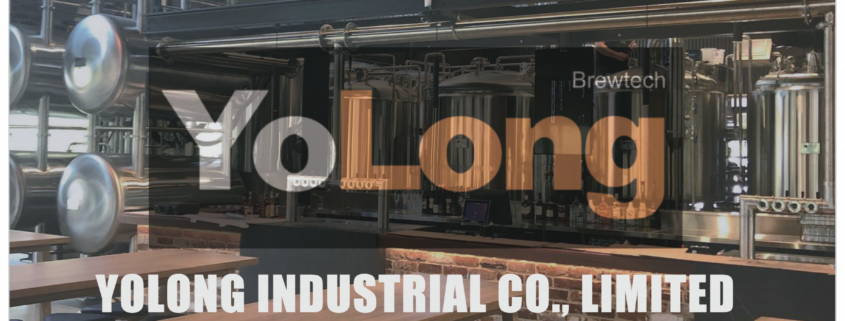How to Start a Brewery
Why Start a Brewery?
Why would someone want to start a brewery? Is it the allure of crafting a unique product? The satisfaction of seeing your community enjoy your beer? Or maybe it’s the rising popularity of craft beer, which shows no signs of slowing down. According to recent data, the craft beer market was valued at over $100 billion globally and continues to grow year by year. People are ditching mass-produced beers for local, small-batch brews with personality. If there’s ever been a time to start a brewery, it’s now.
Breweries are more than just businesses—they’re cultural hubs. They bring people together, foster creativity, and even put your town on the map. Plus, there’s something magical about turning water, hops, yeast, and malt into something that brings people joy. So, let’s make it happen.
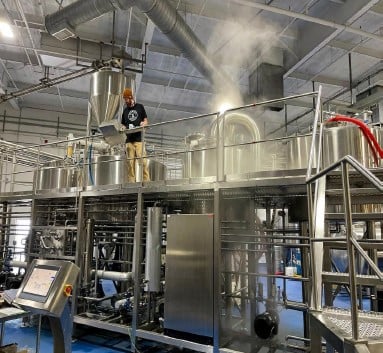
The Brewing Process: How Beer is Made
Before you dive headfirst into your brewery venture, it’s essential to understand how beer is made. Here’s the brewing process in plain English:
- Milling: It starts with malted barley, which needs to be crushed into grist. Think of this as creating the “flour” of beer-making.
- Mashing: The grist is mixed with hot water in a mash tun, converting starches into fermentable sugars. This creates a sweet liquid called “wort.”
- Boiling: The wort is boiled and hops are added for bitterness, flavor, and aroma.
- Cooling: The wort is rapidly cooled to a temperature suitable for yeast.
- Fermentation: Yeast is added to the cooled wort, where it ferments sugars into alcohol and carbon dioxide.
- Conditioning: After fermentation, the beer is left to mature and develop its flavors.
- Packaging: Finally, your beer is bottled, canned, or kegged for customers to enjoy.
Pretty straightforward, right? Well, not always. Troubleshooting brewing issues can be part of the process (more on that later).
Troubleshooting Common Issues with Brewing Equipment
Brewing isn’t always smooth sailing. Equipment failures, inconsistent temperatures, and off-flavors are just a few of the issues you might face. Here’s a quick breakdown of common problems and how to solve them:
1. Temperature Control Issues
Temperature fluctuations during fermentation can lead to off-flavors. Invest in temperature-controlled fermenters to avoid this headache.
2. Clogged Systems
Your mash tun or hoses can clog due to grain or hop residue. Regular cleaning and proper filtration can keep things flowing.
3. Equipment Wear and Tear
Like any machine, brewing equipment wears out over time. Regular maintenance is non-negotiable—inspect your valves, seals, and pumps often.
4. Carbonation Problems
If your beer is too flat or too fizzy, it might be an issue with your carbonation system. Fine-tune your CO2 levels and double-check your seals.
What Equipment Do You Need to Start a Brewery?
Your brewing equipment is the backbone of your operation. It’s worth investing in the right tools for the job. Here’s an overview of what you’ll need:
Key Brewing Equipment Overview
| Equipment | Purpose | Key Features |
|---|---|---|
| Mash Tun | Converts starches into sugars | Insulated, false bottom for filtration |
| Boil Kettle | Boils the wort and integrates hops | Large capacity, easy draining |
| Fermenter Tanks | Ferments wort into beer | Temperature-controlled, airtight |
| Heat Exchangers | Cools wort after boiling | Stainless steel, efficient cooling |
| Kegging/Bottling System | Packages beer for distribution | Durable, sanitary design |
Customization options abound for all of these, from space-saving designs to multi-functional setups.
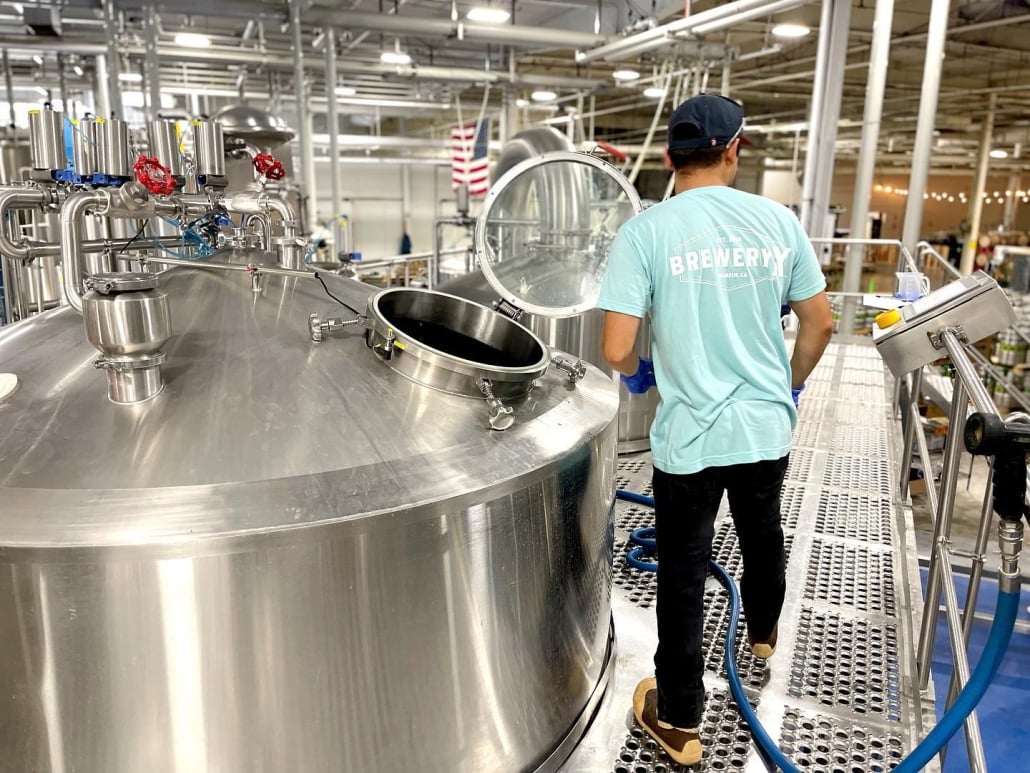
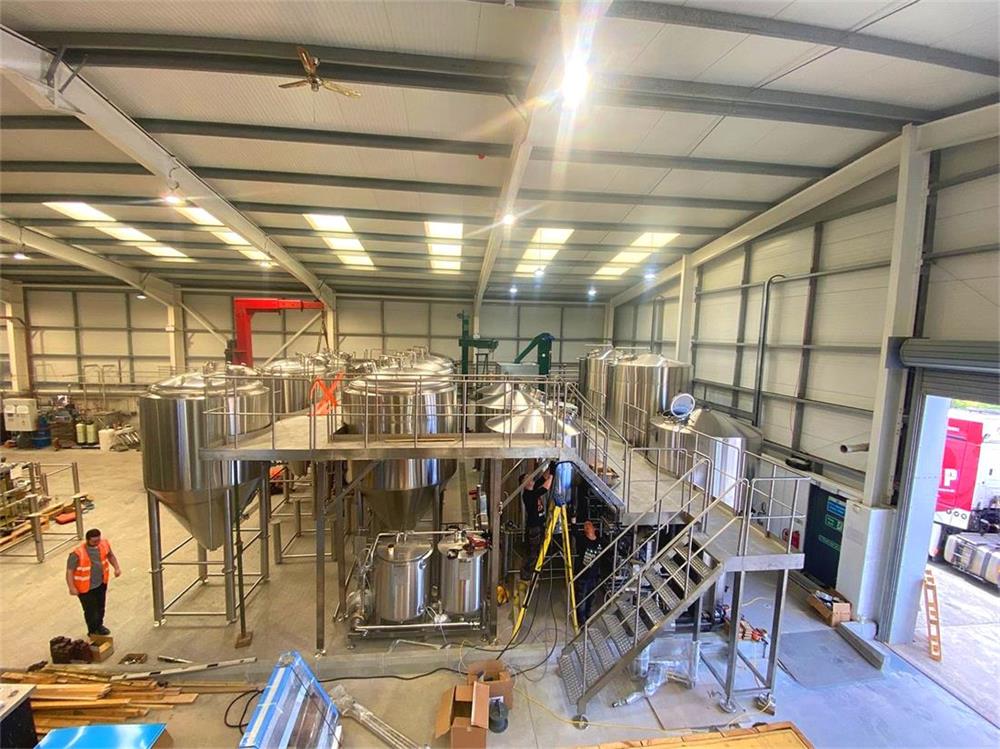
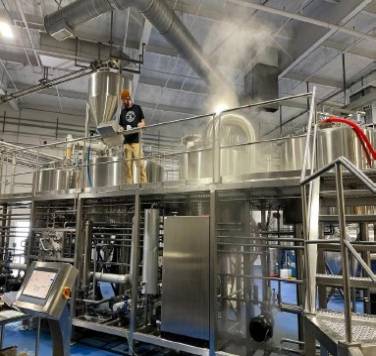
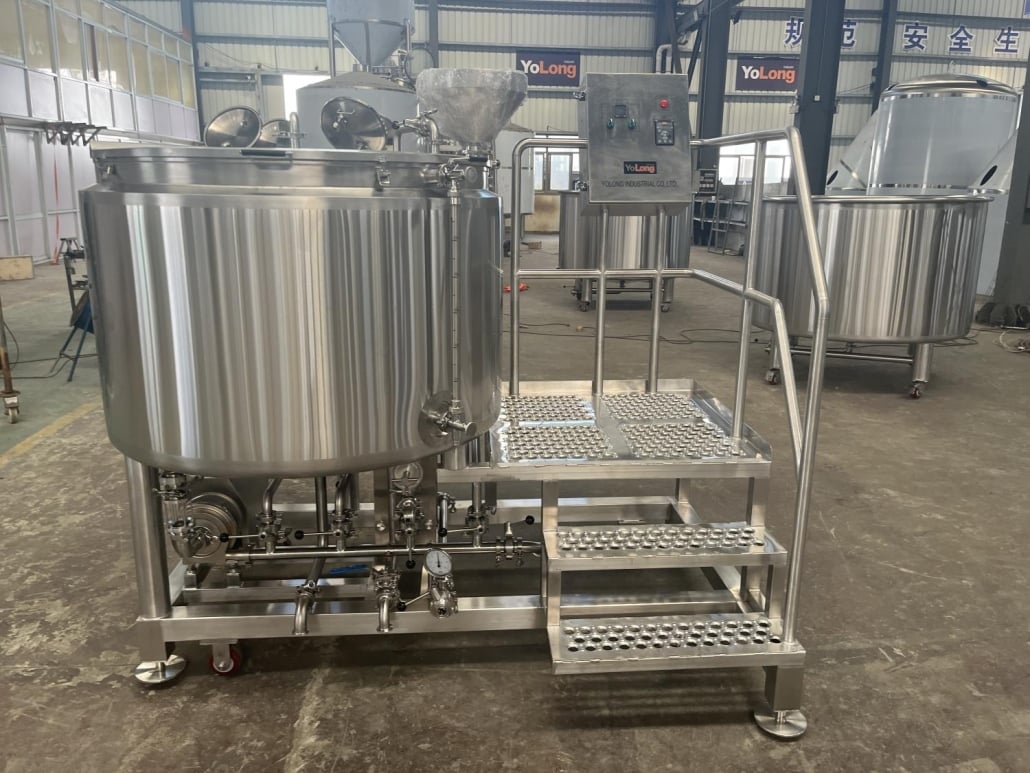
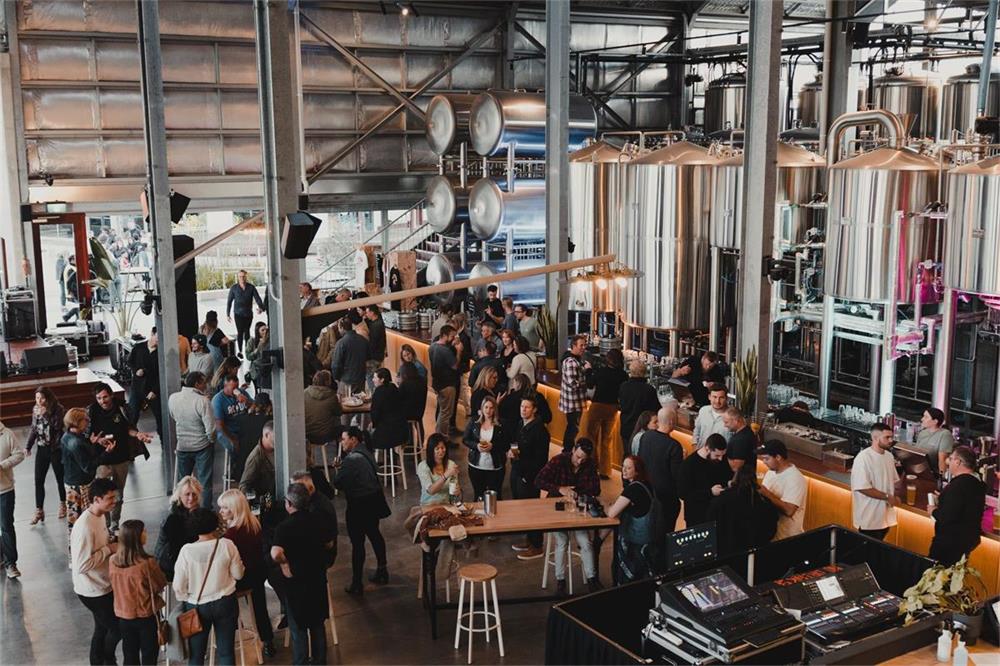

Equipment Sizes, Layouts, and Customization
| Capacity | Ideal For | Space Needed | Design Options |
|---|---|---|---|
| 1–3 BBL | Small breweries, testing recipes | 500–1,000 sq ft | Compact, mobile |
| 5–10 BBL | Medium-sized operations | 1,500–3,000 sq ft | Semi-automated systems |
| 15+ BBL | Large production breweries | 4,000+ sq ft | Fully automated, modular designs |
When deciding on equipment, always think long-term. Are you planning to expand in the future? Choose equipment that can grow with you.
Choosing a Supplier
Not all brewing equipment suppliers are created equal. Here’s what to look for:
How to Choose a Brewing Equipment Supplier
| Criteria | What to Look For |
|---|---|
| Reputation | Look for customer reviews and industry awards |
| Price Range | Compare quotes, but don’t compromise quality for cost |
| Customization Options | Ensure the supplier can meet your unique brewery needs |
| Technical Support | Check if they offer installation, training, and troubleshooting |
Comparing Suppliers and Pricing
| Supplier | Price Range | Strengths | Weaknesses |
|---|---|---|---|
| ABC Brewing Co. | $50,000–$200,000 | High-quality materials, great support | Longer lead times |
| BrewTech Systems | $30,000–$150,000 | Affordable, fast delivery | Limited customization options |
| PremiumBrewers Inc. | $70,000–$250,000 | Excellent automation options | Higher cost |
Installation, Operation, and Maintenance
Proper installation and regular maintenance can make or break your brewery. Here’s what to keep in mind:
| Aspect | Key Details |
|---|---|
| Installation | Hire professionals to set up your equipment to avoid mishaps |
| Operation | Train your team on how to use the systems effectively |
| Maintenance | Clean equipment daily, replace worn parts regularly |

Pros and Cons of Starting a Brewery
Every business has its ups and downs. Here’s how starting a brewery stacks up:
| Advantages | Limitations |
|---|---|
| High creative freedom to craft unique products | High startup costs and time-intensive process |
| Growing craft beer market offers opportunities | Regulatory hurdles and licensing challenges |
| Community engagement and brand-building potential | Ongoing operational costs |
FAQs
| Question | Answer |
|---|---|
| How much does it cost to start a brewery? | Costs can range from $100,000 to $1 million, depending on size and location. |
| Do I need a brewing license? | Yes, you’ll need federal, state, and local permits. Consult a legal expert. |
| Can I start small? | Absolutely! Many successful breweries started with 1–3 BBL systems. |
| How long does it take to brew beer? | The brewing process takes 2–6 weeks, depending on the beer style. |

